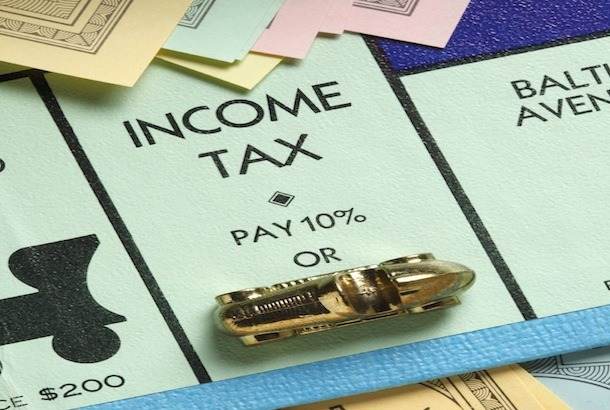by David Hetherington
Executive Summary
There has been a marked turnaround in Australians’ attitudes to public spending and tax over the last 18 months. Between 2010 and late 2012, our views of the tax system became steadily less generous – we felt increasingly that we were paying too much tax and our support for public spending, while high, was falling.
These sentiments have now reversed. Rather than saying they pay too much, Australians now claim they are paying about the right amount of tax, and their support for higher public spending has risen. They believe that spending increases should be paid for with higher taxes on top income earners, and through the removal of tax concessions on superannuation and housing. They reject the approach to spending cuts mooted by the Government’s Commission of Audit.
This change has been driven by several factors: the retreat of alarmist rhetoric around the carbon and mining taxes; the absence of major economic pain arising from those taxes; an acceptance that the end of the commodities boom means we can no longer expect tax cuts without service reductions; an increased focus of ending “the age of entitlement” and a growing realisation that Australia is not the high-tax country we have previously held it to be.
This is the fourth Per Capita Tax Survey. In February 2014, the Survey asked a representative sample of 1,445 adult Australians for their views on a range of tax and public spending issues.
The results can be grouped into four primary themes, three of which constitute the reversal of trends from the earlier Surveys.
The first is that a majority of Australians (53%) now believe they pay about the right amount of tax, a jump of 17 percentage points since the last Survey. By contrast, the share who say they pay too much tax has fallen by 18 points.
The second theme is a turnaround in support for higher spending on public services. The share of those who want to see spending increased or maintained increased by eight points to 85%, while those who wish to see spending cut fell by four points to 8%.
Thirdly, Australians increasingly view the tax system as unfairly regressive: we believe those at the bottom and the middle of the income ladder are paying their fair share of tax, but those at the top are not. After falling in earlier Surveys, the proportion of those who said that high income earners paid too little tax jumped by 17 points to 72%. Simultaneously, there were significant jumps in the proportions who said that low- and middle-income earners and small businesses pay the right amount of tax.
The final theme that emerges from the Survey findings is that Australians want increases to public services to be funded by high income earners who they do not perceive as paying their fair share. 69% of respondents said that increased funding for public services should be paid for by tax increases on the top 5% of income earners or removal of tax concessions on superannuation and housing, which also flow primarily to high income earners.
Clearly, these sentiments are not echoed in the approach taken by the Abbott Government in the 2014 Budget, where spending cuts have been the primary mechanism for reducing the budget deficit.
It appears that Australians are increasingly acknowledging that they are not overtaxed, and that for services to be maintained as we want them, the tax take must be lifted in a fair fashion. This is consistent with both international comparison data showing Australia’s low levels of tax, and the drop-off in our tax revenue base since the end of the commodities boom.
Australians understand that our fiscal challenges are not the result of too much spending, but of too little tax. They want the Federal Government to respond accordingly.

